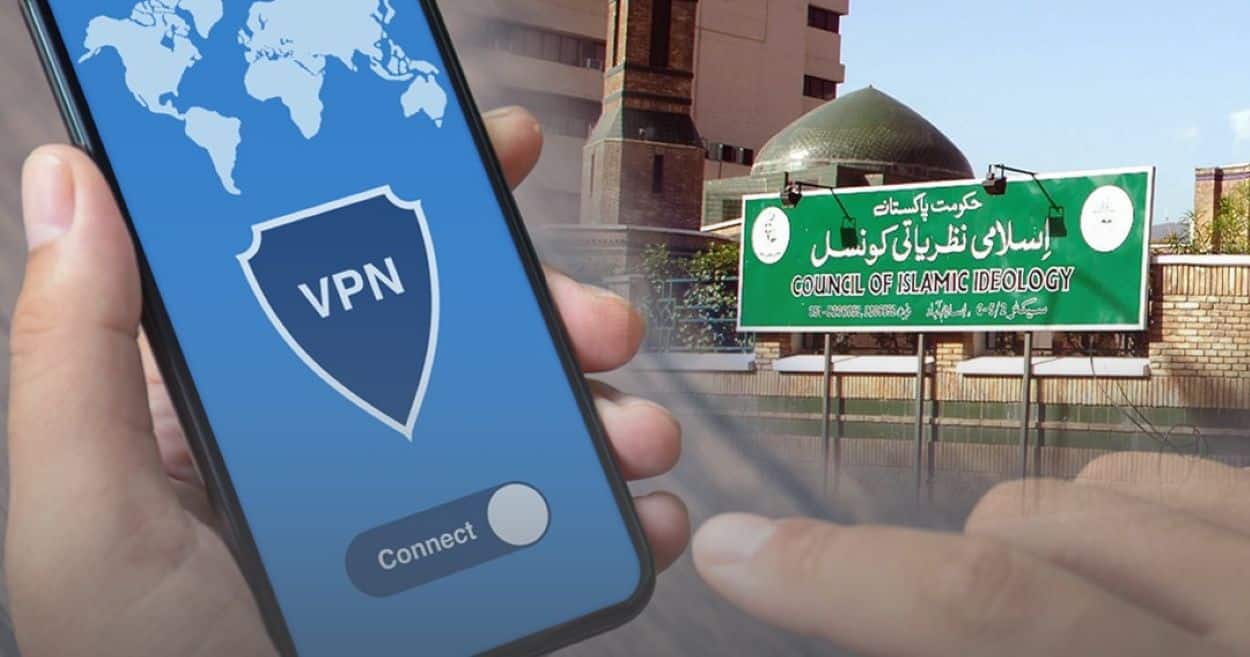In Pakistan, a controversial discussion has emerged following the Islamic Ideological Council’s (CII) recent pronouncement that the use of Virtual Private Networks (VPNs) is considered “un-Islamic.”
The CII’s declaration has sparked debates across various segments of society concerning the implications of such a stance on digital privacy and security.
Prominent television anchor Maria Memon addressed this controversial topic during her show, casting the news in a somewhat lighter vein by describing it as “amusing.” This characterization points to the complex intersection of technology, religion, and governance in Pakistan’s socio-political landscape.
During the broadcast, Memon delved deeper into the issue by highlighting the usage of VPNs among some of Pakistan’s most influential figures.
Maria Memon highlighted the involvement of prominent political and religious leaders, including Prime Minister Shehbaz Sharif, PPP Chairman Bilawal Bhutto Zardari, JUI-F chief Maulana Fazlur Rehman, renowned Islamic scholar Mufti Taqi Usmani, Pakistan Ulema Council chairman Allama Tahir Ashrafi, and PML-N leader Maryam Nawaz, in using VPN technology.
Memon also referenced their tweets and public statements to discuss the widespread use of VPNs, which people commonly use to secure communication and bypass geographical restrictions on internet access.
This discussion raises pertinent questions about the balance between religious edicts and the practical necessities of modern governance and communication. The CII’s stance on VPNs affects individual users and poses broader questions about technological autonomy and privacy in a digitally connected world. The debate continues as the nation reconciles traditional religious values with the imperatives of global digital engagement.






